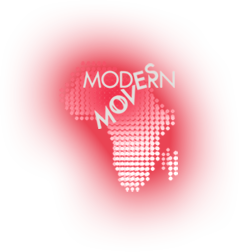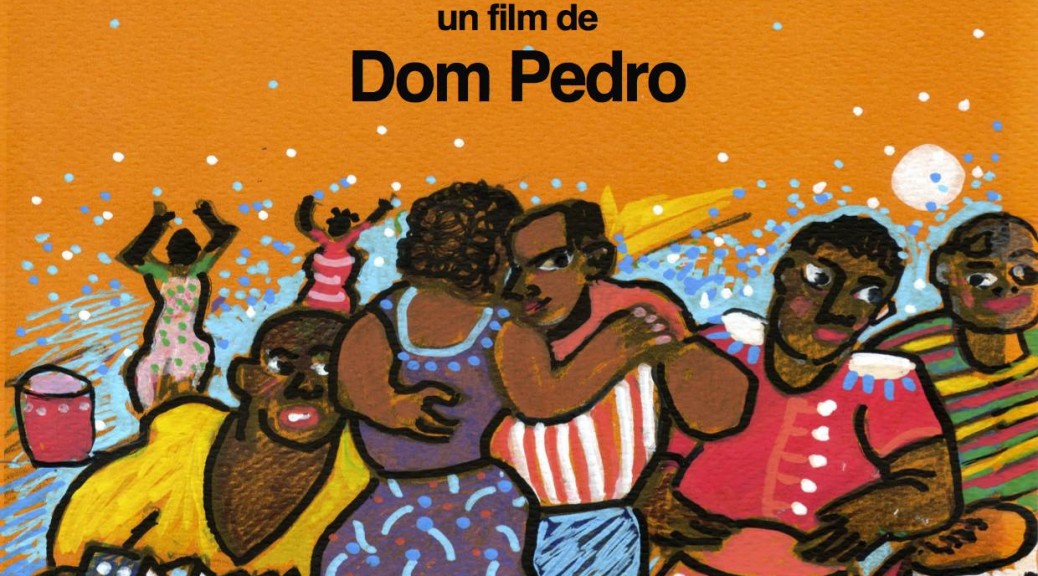A favourite field research site for me, even before Modern Moves started officially, has been the salsa festival. The festival can take the form of an extended week of sightseeing and physical activity in a location not quite on one’s usual flight path— or a weekend in a city not far from one’s own.
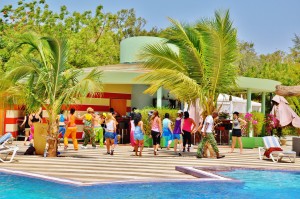
photo by Franck Billaux
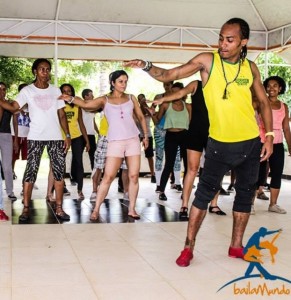
photo courtesy Facebook
During the past four years, I have also been attending kizomba festivals, and noting the co-existence and competition between these two related, but certainly contrasting dance scenes.
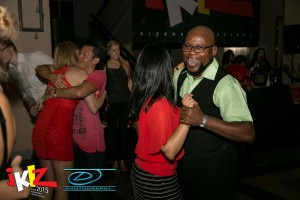
At the same time, my love for Brazilian social dances (and Brazil!) allows me to compare the salsa and kizomba scenes with the differently developing circuits for Brazilian zouk and samba de gafieira.
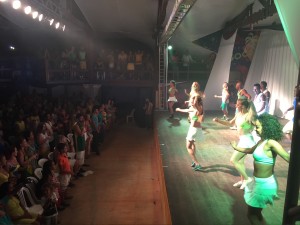
Whatever be the continent, the size, the dance genre, or the vintage of the dance festival, it is the site where my thoughts about the transnational reach of African heritage social dance first crystallised. It doesn’t matter how many festivals I attend: these events are still spaces that provoke food for thought, empirical data, and flashes of theoretical insight.
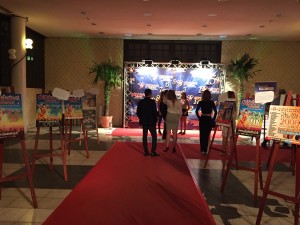
Whether the festival is one that I return to every year or one that I visit for the first time, it allows me to track evolutions in the industry, test hypotheses, and augment my ever-growing dossier of information on the dramatis personae who circulate in and indeed create the scene.
To an uninformed observer, it may seem that I’m at these festivals to have fun in the guise of work. Let’s leave aside the problematic assumption that ‘work’ cannot be ‘fun’. Research on site at a dance festival is actually hard work (while indeed being fun). As all who attend them know, they are physically demanding, with workshops through the day and shows and parties through the night.
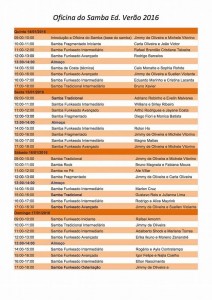
If you want to add to the agenda sightseeing and meeting up with friends, you can say goodbye to your sleep for the entire weekend. I marvel at die-hard festival junkies whom I observe partying every weekend and spending their weekdays in logistics of organising travel and accommodation for their year- round festival fix.
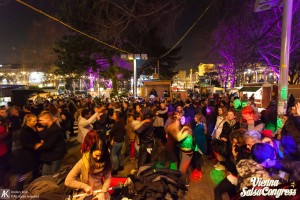
photo courtesy Facebook
The intention to conduct research further complicates this already hectic schedule. Along with participating in all the activities a festival has to offer, I’m constantly noting down and analysing what I see, feel, and hear. What are the men wearing (always more important than the women’s clothes!)? What are the DJs playing? What are the banners declaring? Who is attending? How exactly are they dancing? What is the festival advertising? How are local and global, history and the dance, interacting? All these questions add up to the big one: what are the games of identity being played out on the dance floor, and by whom?
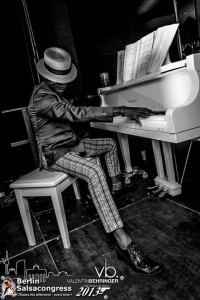
photo courtesy Valentin Berhringer
Furthermore, when the festival dance floor is the archive, the tools of research are quite varied:
The mobile phone that can take photos, videos and notes while you are mobile (and an outfit that allows you to tuck the phone in somewhere while dancing);
The iPad that is a cross between the mobile phone and the field notebook in terms of size, and
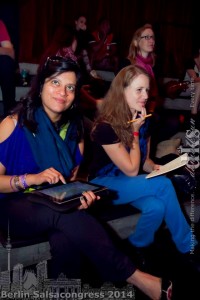
photo courtesy Daniel Kyun.
The notebook and pen that cannot (yet) be dispensed with, because sometimes this old fashioned girl still needs to write;
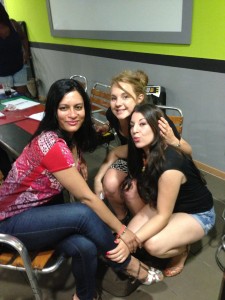
And of course, the dance shoes and regulation outfits (there are often party dress codes) to blend into the scene!
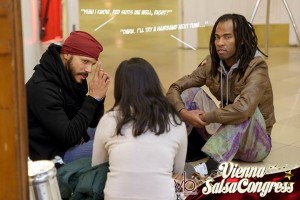
photo courtesy Valentin Behringer
For aspiring festival researchers, the most important tips I’d proffer are:
- Book yourself into the artists’ hotel so that you can take full advantage of serendipity
- Don’t be shy to talk to strangers about any aspect of their dance, dress, or style that interests you
- Don’t miss the shows, as they always dialogue with the most interesting trends of the social dance floor
- Always follow the festival on Facebook, as it is an invaluable way of ferretting out information about the dramatis personae of the festival scene
- Always try and establish contact with the festival organisers ahead of time. Most of them are very happy to support academic research
- Offer your services as a researcher to give back to an industry that is benefiting your career (warning: you have to prove yourself as an established member of the scene before organisers respond to your offer. That’s ok: academics need to learn humility)
- Smile, be friendly, humble and receptive! Just because we do research, it doesn’t mean we are ‘superior’ beings. Surrender to and revel in the dance floor’s democracy!
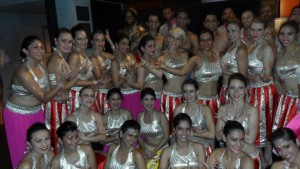
Dance research keeps me on my toes and the dance festival has given me hours of delight as well as constant motivation for analysis. Thank you to all those who keep it vibrant: organisers, professional dancers, DJs, photographers, social dancers!
This blogpost is an introduction to a mini-series of posts I’m going to publish over the next month about specific festivals, in order to develop some of the broad statements I’ve made in this post about the research methodology I’ve developed at festivals. Here’s to happy reading, writing, thinking, and—of course—listening and dancing!
All photos by Ananya Kabir unless otherwise specified.

